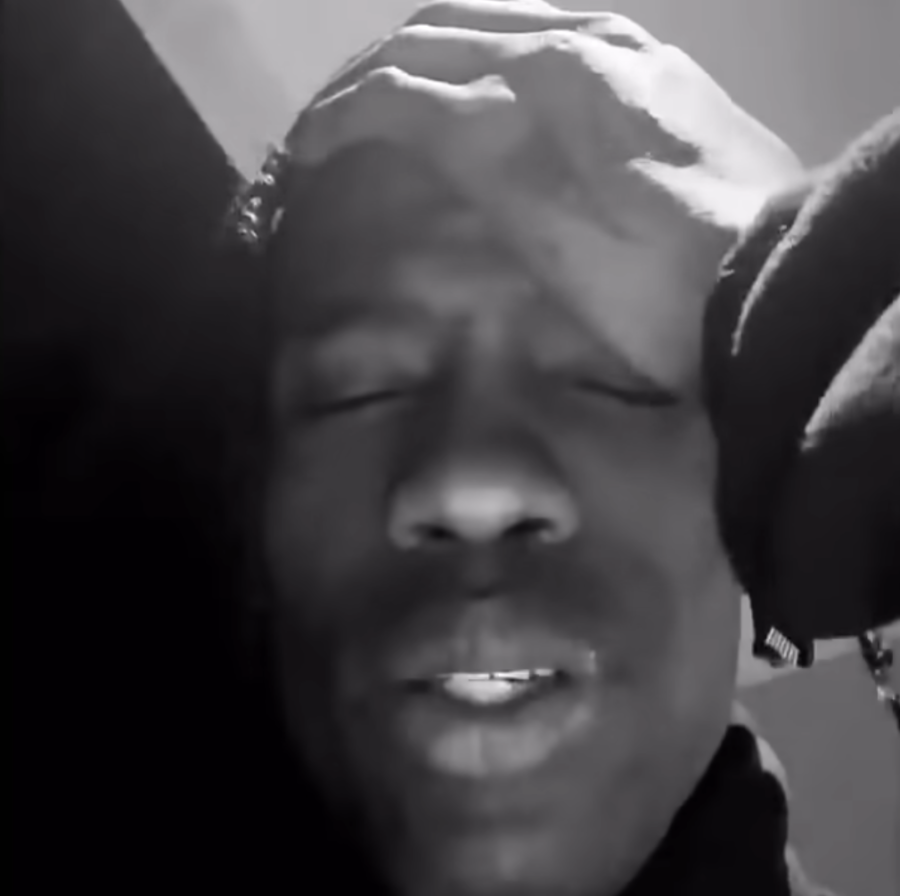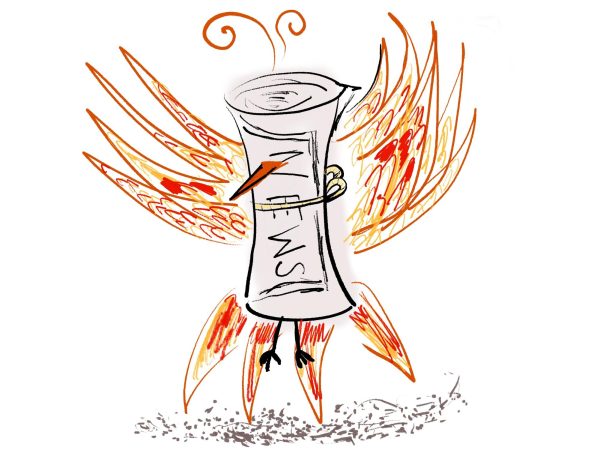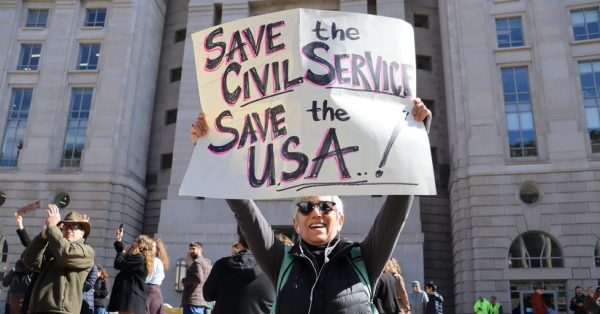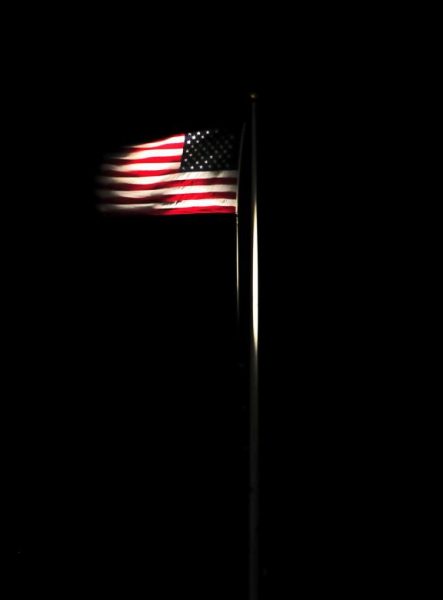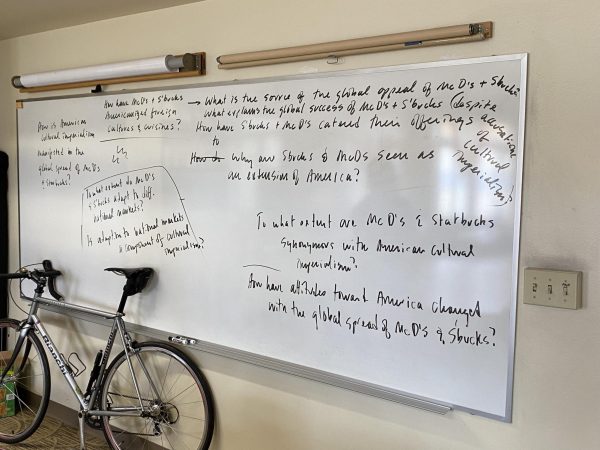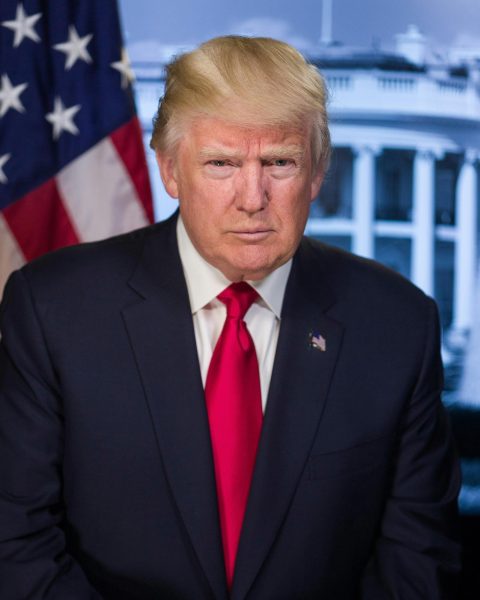The Aftermath of Astroworld: Who is to blame?
Two days after the concert, Scott posted a 1-minute, 29-second long apology video in black and white to his Instagram story.
Hundreds injured. 8 dead. Catastrophe struck on the night of Friday, November 5th at Astroworld, a Travis Scott concert in Houston, Texas. Since then, two more have died from injuries, raising the toll to 10. Attendees of the concert have said that these tragedies were caused by violent crowd surges in an already packed audience of 50,000, leading many people to suffer from asphyxiation. As panic ensued, ambulances pulled up, and the crowd began to repeatedly chant “STOP THE SHOW,” what was Travis Scott himself doing to help?
The answer to this question is, essentially, nothing. In an interview with CBS, Scott’s spokesperson, Stephanie Rawlings-Blake, claimed that Scott did not have the authority to stop the Astroworld, nor was he even aware of what was going on. However, evidence from the night proves that these claims do not hold true. Travis Scott’s history of promoting his fans’ violent behavior as well as his and his team’s refusal to stop the concert holds him directly accountable for the ten deaths and countless injuries that occurred at Astroworld.
First of all, Travis Scott most certainly had the authority to stop his own concert. Rawlings-Blake told CBS that the team had a 59-page-long operations plan, and “the only two people [who had] the authority to stop the concert were the executive producer and the concert producer.” However, a video has recently resurfaced of Scott completely halting the performance when an audience member tried to steal his shoe at a concert in 2015. Additionally, video evidence of Astroworld shows that at one point in the show, Scott did acknowledge a person who had passed out and paused in the middle of a song to make sure that they were assisted (casually singing the word “yeah” while he was waiting). Why was this the only instance that he stopped the show?
Rawlings-Blake repeatedly stated that in the moment, Scott had no knowledge of people dying in the crowd. If this was really true, he simply should have been more attentive. From up on the stage, which surely offers one of the best views of the audience possible, how did he not notice the widespread panic? He could have easily picked up blaring details such as the crowd dangerously surging forward and ambulances arriving subsequently. Additionally, video evidence shows that at one point, the entire crowd was chanting “STOP THE SHOW! STOP THE SHOW!” to Scott’s seemingly deaf ears as he continued to perform.
Third of all, if Scott really had been completely unaware of the tragedies occurring right in front of him, how did no one on his entire team notice anything? For example, none of the countless security guards or cameramen did anything to help the situation. Shortly after the event, a video began to circulate in which a girl had climbed up a ladder and was yelling to a cameraman that someone had died in the crowd. Another teenage concert-goer followed, and he urged the cameraman to stop the show. Both of their voices were ignored as the cameraman waved them off and told them to get down and go back to their seats.
This is only one recorded example of authority members doing nothing to help when they surely knew people were in danger. However, in an interview with the New York Post, Ayden Cruz, the second protester in the video, said that he did not blame the cameraman for ignoring him since he was just doing his job. Therefore, the blame for not stopping the show falls upon higher-up individuals such as Travis Scott himself.
In 2017, during a show at the Terminal 5 venue in Manhattan, New York, Scott encouraged fans to climb down to the ground floor from a balcony. One fan got pushed and fell, and after being sued, Scott denied responsibility. Because of Scott’s history of promoting violence at his concerts, the blame should not be placed upon authority figures such as the cameraman previously mentioned, since they are not the root of the problem. Rather, it is more important to centralize on the fact that Scott has created an atmosphere that encourages his fans towards aggression; so much so that it has led to death.
Scott’s girlfriend, Kylie Jenner, posted a statement to her Instagram story corroborating Rawlings-Blake’s point that he was unaware of what was going on. She sent her “thoughts and prayers” to “all who lost their lives, were injured or affected in any way by [November 5th’s] events,” as well as to Travis Scott himself since he “cares deeply for his fans and the Houston community.”
Where is the rapper himself amongst these formal statements being published to save his name? As many are already aware, Scott posted a casual apology video to his Instagram story on November 7th. The video has since blown up across social media platforms, with perplexed and negative feedback overflowing the comment sections. In the video, he never directly apologizes for what happened, and he certainly does not sound or appear genuinely remorseful. Instead, he says things like, “I’m honestly just devastated. I could never imagine anything like this, just, happening.” “So an acting career is off the table,” commented Youtube user Miranda Keating.
Mikayla Crowe (‘24), who previously enjoyed Scott’s music, corroborated the viewpoint that he could have done more to mitigate the situation. “After Astroworld, I am definitely more hesitant to support him even by just listening to his music,” she reflected.
In the interview, Rawlings-Blake stated, “He’s not responsible for the problem, but he wants to be responsible for the solution.” Scott is in touch with the families that suffered from tragedies on November 5th, and will be covering their funeral costs. As reasonable as this is, unfortunately, this far along in the series of events there is no “solution”. People lost their lives on a night when they simply wanted to have fun, and covering costs for the grieving families cannot ultimately change what happened.

Isadora is a senior and an Editor-in-Chief. A four-year member of The Tower, she loves to write about a variety of topics, from school coverage to national...


